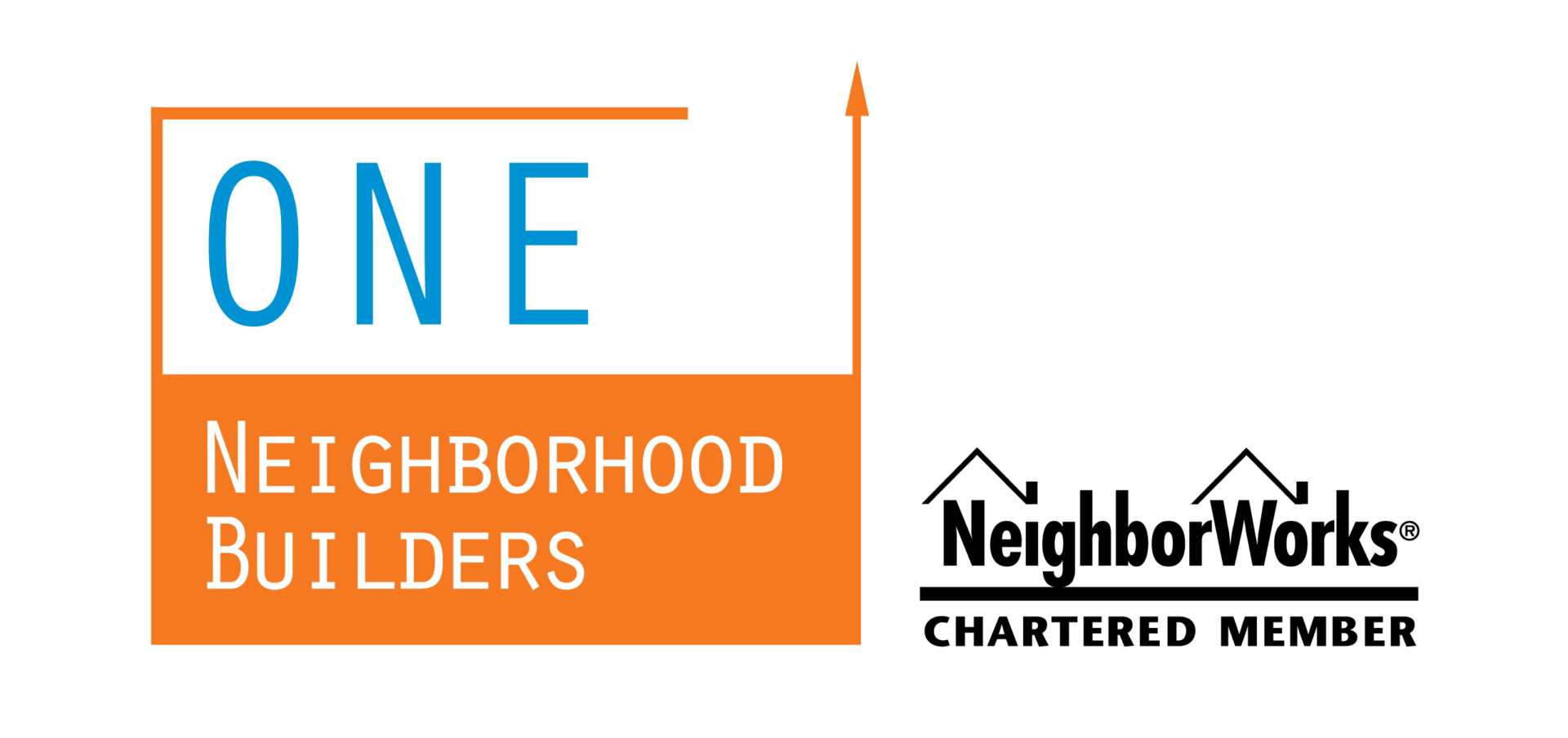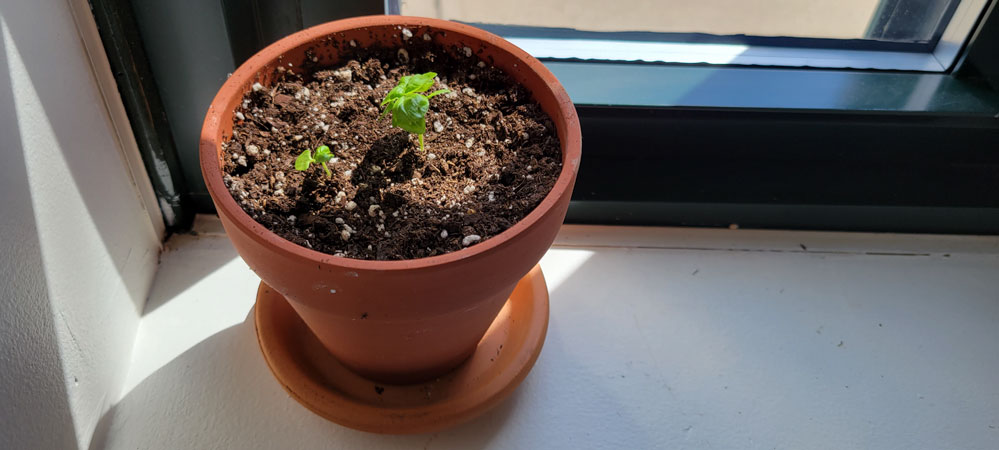Students and facilitators in the Planting Seeds program on graduation day, Monday, Aug. 29, 2022. Photos by Stephen Ide/ONE|NB
By Stephen Ide
ONE Neighborhood Builders
PROVIDENCE—Ten weeks ago, if you had asked 13-year-old Shaniyah to describe herself, she would have said she was quiet and soft-spoken. On Monday, before graduating from the “Planting Seeds” program, she was joking and laughing as she and other teens tried not to topple a Jenga tower.
“Now I’m more open, more talkative,” she said.
While the event at Riverside Park gave the teens fun and games at the start of the school year, they also discovered that there is a serious side to their summer experience: they have a voice in their community. And each of the dozen teens in the program has also found a path toward personal growth.
As part of the leadership program that focuses on environmental justice issues, the Providence teens began by planting herbs. But the program title became a metaphor for personal growth, leadership, and the pursuit of environmental and societal justice.
Before handing out certificates to the graduates on Monday, Lucy Berman, CPO-HEZ Project Manager at ONE Neighborhood Builders, said she loved working with all the teens and getting to know them. “Everything starts with the relationships we build with one another,” she said.
Over the course of the program, mentors visited with the students to help them explore ways in which they could grow, and facilitators worked with the teens to accept new experiences and interactions.
Shaniyah said, in addition to having fun, the inclusive nature of the program allowed her to open up, and that she learned the importance of people coming together for the sake of community.
“I can say that I learned to speak my mind a lot more,” she said.”
Another teen, 17-year-old Richard, lives near the park in Providence’s Olneyville neighborhood, and he said the program was more of an “awakening.”
“I don’t face many hardships at all, but that isn’t true for everybody,” he said, noting that injustice is everywhere.
Like Shaniyah, the program opened his eyes.
“A lot more of my mind is occupied by thoughts of improving and bettering my community. We did focus a lot on societal justice … Actual changes could be made to improve people’s lives.”
—Richard, 17-year-old program graduate
“A lot more of my mind is occupied by thoughts of improving and bettering my community,” he said. “We did focus a lot on societal justice … Actual changes could be made to improve people’s lives.”
He mentioned that one of the benefits of the program is that the teens were paid to participate (teens received a weekly stipend and a completion bonus). At his age, he said, every amount helps. But he added that the adults in the program were an important part of his journey. “They’re well-informed, they’re kind, they’re caring, and they do care about what they’re talking about. And you can really tell that they care when they’re talking to you,” he said.
But the adults also found the experience rewarding.
“For me, this was an amazing experience,” said Leah Stuckey, one of the facilitators. “I learned just as much as the kids learned. I had my hand up asking a lot of questions, too.”
She noted that the program got off to a slow start, but changing up the coursework helped spark more interest. “They said they weren’t [interested], but they were, and I guarantee you each one of them has found and learned something new.”
“I loved the opportunity to share in some beginning stages of advocacy with the kids,” said Shelley Peterson, the other program facilitator, noting that having a variety of groups talk about their programs, showed them many avenues that they could advocate in their community. “The environmental piece was just a small percentage of the things that we did. But one of the great things was really being able to share with these young people.”
Stuckey and Peterson are members of the Central Providence Opportunities Resident Advisory Council.
The previous week, a few of the mentors who had spoken with the group earlier in the program returned to reiterate why they are passionate about their programs and what inspires them.
Ideas sprung from the “Planting Seeds” program concept of “Head, Heart & Hands.” Guests explained how these ideas inspired them in their lives and careers.
“I believe in the community I live in,” said Julius Kolawole, Director of the African Alliance of RI. “I feel we have to talk about our community, and doing for the community is what drives me.”
Other mentors included Ruby Erickson, a member of the Sunrise PVD hub, a youth group that is working to stop climate change and create jobs. She said knowing the impact of global warming and understanding its impact allowed her to see that “climate justice is all about disproportionate suffering” and that there is a human impact to climate change. And that impacted on her heart.
Rachel Calabro, Climate Change Program Manager at the RI Department of Health, emphasized that kids should not be afraid to use their voices. Even though these teens are not yet voters, they will be, and their voices matter.
The Planting Seeds program an offshoot of NeighborWorks America’s Building Leaders, Building Communities, leadership development training that aims to support resident leaders and prospective leaders in creating the community change they want to see.
Over the course of the 10 weeks, the teens worked to focus on individual and team strengths; recognize social and cultural identities through a discussion on race, equity, diversity, and inclusion; learn about racial and environmental justice in their community; learn leadership styles; and a variety of other topics. Other guests of the program included mentors from Olneyville Neighborhood Association, the Racial and Environmental Justice Committee, and Garden Time.
While many of the herbs the teens planted during their first week didn’t make it to week 10, some survived, and several of the teens took lessons from the experience.
Victoria, another 17-year-old in the program, said her basil grew and she eventually ate it. “I don’t eat basil that much, but it tasted good.” She said the process was a metaphor for her. She learned that change, like plants, requires nurturing.


